We are celebrating the diverse, empowering, and ongoing success of Black People and Black Communities.
Tags: Black History Month, Education, Diversity, Mental Health, Mental Wellness, Epistemic Trust, Collaborative
Black History Month is an essential observance that re-invigorates our reflection on the brilliant contributions made by African Americans that have permeated American society. It is a time for all Americans to reflect on the struggles and achievements of the black community and to honor those who have fought tirelessly for justice, equality, and freedom. Black History Month encourages us to celebrate diversity, promote understanding, and break down barriers of prejudice and discrimination that continue to exist in our society.
Although this is Black History Month, our opportunity to educate ourselves and our communities about black history and culture is an ongoing process. As we recognize and acknowledge the many contributions made by African Americans in the field of Mental Health, it is also a time to reflect on the challenges faced by the black community and to renew our commitment to achieving social justice and equality.
Black History Month is a time to celebrate African Americans’ vibrant heritage and honor their resilience, courage, and determination in the face of adversity. This newsletter and associated Collaborative Thoughts entry is designated to highlight the importance of ongoing education, continued assessment and re-assessment of various privileges, and honor African Americans’ contributions.
The Black Community Adversity
The Black community is under-supported within the field of mental health, as 25% of Black people seek mental health treatment in comparison to 40% of white people. This can be partially due to Black people’s under-representation, as only 2% of United States Psychologists are Black.
In addition, almost 65% of African American youth report traumatic experiences in comparison to 30% of other ethnic groups. This can point to how racial trauma can contribute to higher rates of post-traumatic stress disorder (PTSD) and longer impacts of generational trauma. Generational trauma is defined as trauma that has impacted one generation to the next, which can put the Black community at a greater risk of experiencing mental health difficulties.
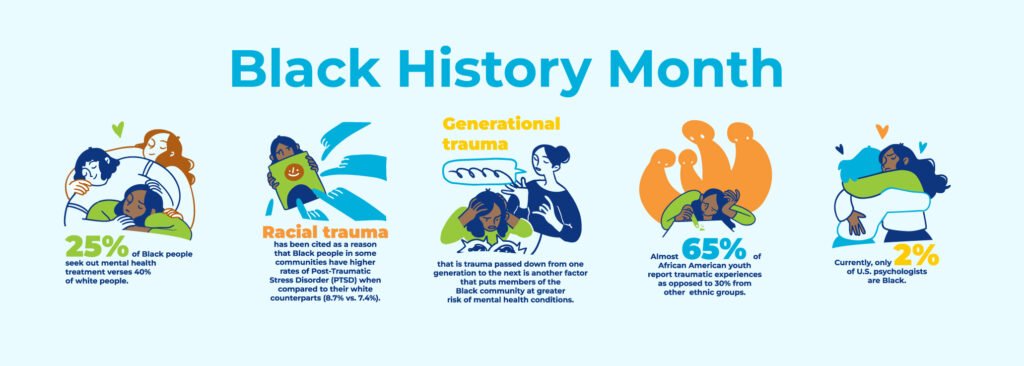
As the year progresses, focusing on the Black community is essential as our learning, understanding, and change transcends further than February. Let us come together and celebrate the depth, diversity, and influences of the Black Community in support of eliminating mental health difficulties caused by beautiful cultural differences.
Honored Black Contributors of Mental Health
Dr. Kenneth and Mamie Clark
As the first African Americans to obtain their doctoral degrees in psychology, The Clarks were profound pioneers and advocates of the Black community. Kenneth Clark was the First African American tenured full professor at the City College of New York, the first African American to be president of the American Psychological Association, and the first African American appointed to the New York State Board of Regents (Martin, 1994).
Mamie Clark’s work with children in an all-black nursery school promoted the development of her thesis, “The Development of Consciousness of Self in Negro Pre-School Children” (Butler, 2009). The Clarks worked together to extend her research into the self-identification of black children.
This work was later developed into the famous doll experiments that exposed internalized racism and the adverse effects of segregation on African American children (Butler, 2009). Their dedication led to opening their agency, Northside Center for Child Development, the first full-time child center offering psychological and casework services in Harlem.
In addition, The Clarks were influential figures in the Civil Rights movement. Their expertise allowed them to testify as expert witnesses in several school desegregation cases, including Brown vs. Board of Education in 1954 (Martin, 1994).
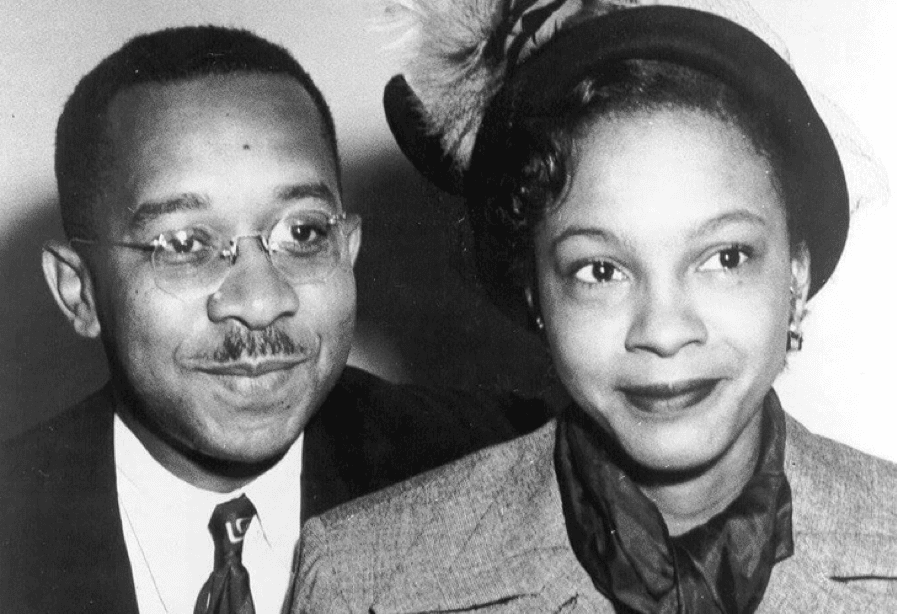
Dr. Kenneth and Mamie Clark
(Photo Credit: American Psychological Association)
Dr. Wendi Williams
Dr. Wendi Williams diligently incorporates her desire to bridge her intelligence and skill to improve accessibility for Black women and girls. She advocates for change in practitioners, policymakers, and institutions to promote authentic, non-discriminatory care. Her work expands practitioner’s understanding of the incredible pathways Black women have taken to achieve leadership positions.
As part of BWeLL Pracxis (Black Women’s Liberatory Leadership), she inspires the leadership mindsets and skills observed in diverse groups of Black women.
Furthering Dr. Wendi Williams’s advocacy for radical change, she is currently running for the APA (American Psychological Association) Presidency. Her platform based on “Radically Well TOGETHER” strives to integrate advocacy, practice, science, and education to support thriving collectively in an increasingly complex world.
We encourage you to learn more at www.DrWendiWillaims.com to read about her presidential Initiatives 100 Psychologists Rising, Teen/Youth Wellness Submmit, and Workk and Wellness. Nominations open March 1st.
Dr. Melita Stancil
Dr. Melita Stancil founded and created ATILEM®, “Where Clinically Informed Care Meets Personal Growth.” Dr. Stancil integrates various approaches and therapeutic modalities such as Cognitive Behavior Therapy, Dialectical Behavior Therapy, Prolonged Exposure, Social Cognition Intelligence Training, Motivational Interviewing, Mentalization, Prolonged Exposure, and Positive Parenting.
When working with families, ATILEM® integrates clinical, social, cultural, and environmental influences to promote personal empowerment through a psychiatric mental health approach by drawing from the collective expertise of various healthcare professionals.
Dr. Melita Stanicl utilizes an outpatient therapeutic framework specialized in people for whom previous therapies have proven inadequate.
ATILEM® provides direct clinical support while coordinating additional targeted therapies for individuals and their families. Achieving the ATILEM® standard of care often involves an interdisciplinary team approach to ensure comprehensive, understood, evidence-based interventions to support complex individual and family systems.
Empowerment through Further Education
In addition, it is crucial to expand our education to highlight prominent Black Providers in the mental health field. Therefore, we have suggested the reading list below to continue to support cultural diversity, education, and the experience of Black people.
Decolonizing Therapy: Oppression, Historical Trauma, and Politicizing Your Practice
By Jennifer Mullan, PsyD.
“Decolonizing Therapy” is a book that sheds light on the political nature of therapy and highlights the importance of acknowledging colonial and historical trauma in the healing process. The book invites Eurocentrically trained clinicians to relearn what they know and interrogate their privilege to deliver effective therapy. Understanding how professionals may be participating in oppression is crucial for authentic healing.
Racial and Cultural Dynamics in Group and Organizational Life: Crossing Boundaries
By Mary B. McRae, EdD. and Ellen L. Short, PhD.
This book uses psychoanalytic and systems theory to understand leadership and authority in groups and organizations. It examines racial and cultural influences in every chapter. Readers will enhance their skills in addressing diverse groups and organizations, including ethical considerations, social roles, leadership strategies, entering and joining dynamics, and termination.
Willow Weep for Me: A Black Woman’s Journey Through Depression
By Meri Nan-Ama Danquah
When Nana-Ama Danquah, a twenty-two-year-old single mother, began to suffer from a variety of depressive symptoms after giving birth to her daughter, she thought she was seriously wrong. Determined to portray strength in a world that often undervalues Black women’s lives, she shrouded her debilitating despair in silence and denial. However, when she befriends other Black women who suffer from depression, she finds the support she needs to confront the traumatic childhood events that lie beneath her grief. Twenty-five years after its initial publication, as best-selling author Andrew Solomon writes in an illuminating foreword, Willow Weep for Me “remains a brave book . . . but at the time of its writing, it was humblingly audacious.” Also including an afterword from the author, this groundbreaking classic is a powerful meditation on courage and a litany for survival.
References:
American Psychological Association (2017). APA Directory. Compiled by Center for Workforce Studies. Deomgrpahics Characteristics of APA Members by Membership Status table-1.pdf (apa.org)
Butler, S. (2009). Mamie Katherine Phipps Clark (1917–1983). The Encyclopedia of Arkansas History & Culture. Retrieved Feb. 10, 2024.
Martin, J. (1994). Clark, Kenneth B. 1914. Contemporary Black Biography. Retrieved Feb. 10, 2024
Metzger, I. W., Anderson, R. E., Are, F., & Ritchwood, T. (2021). Healing Interpersonal and Racial Trauma: Integrating Racial Socialization Into Trauma-Focused Cognitive Behavioral Therapy for African American Youth. Child maltreatment, 26(1), 17–27. https://doi.org/10.1177/1077559520921457
Roberts, A. L., Gilman, S. E., Breslau, J., Breslau, N., & Koenen, K. C. (2011). Race/ethnic differences in exposure to traumatic events, development of post-traumatic stress disorder, and treatment-seeking for post-traumatic stress disorder in the United States. Psychological medicine, 41(1), 71–83. https://doi.org/10.1017/S0033291710000401


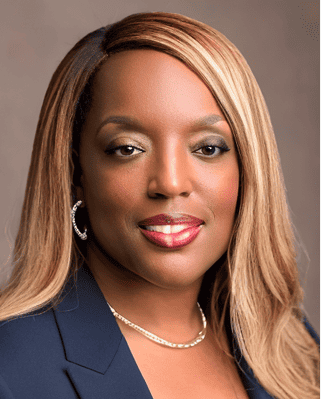
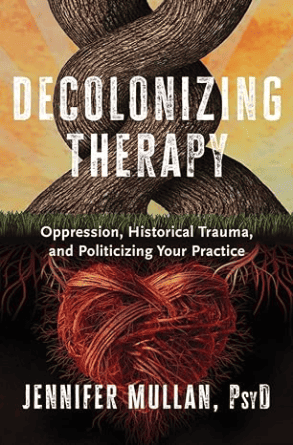

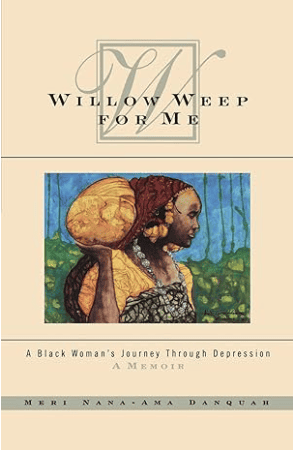


You must be logged in to post a comment.